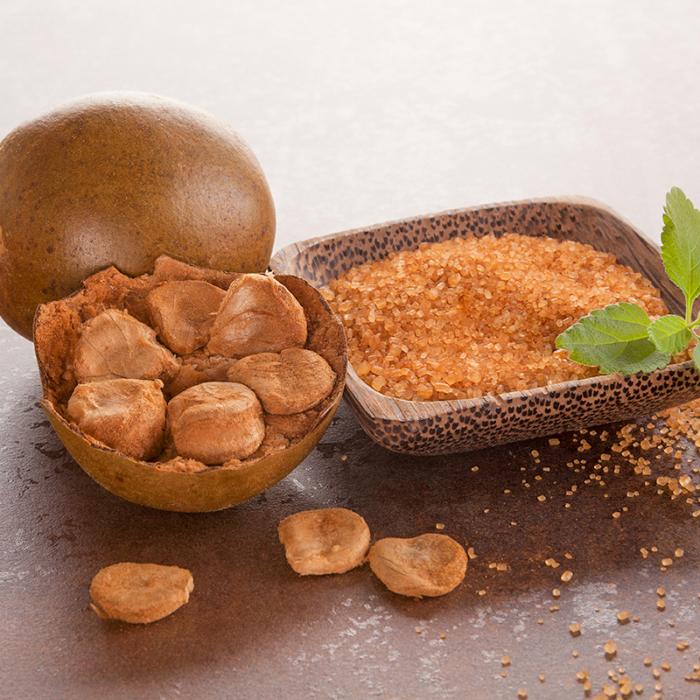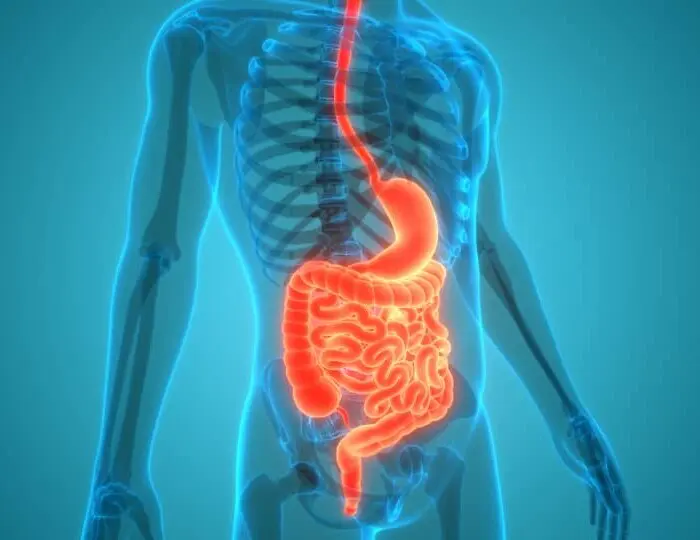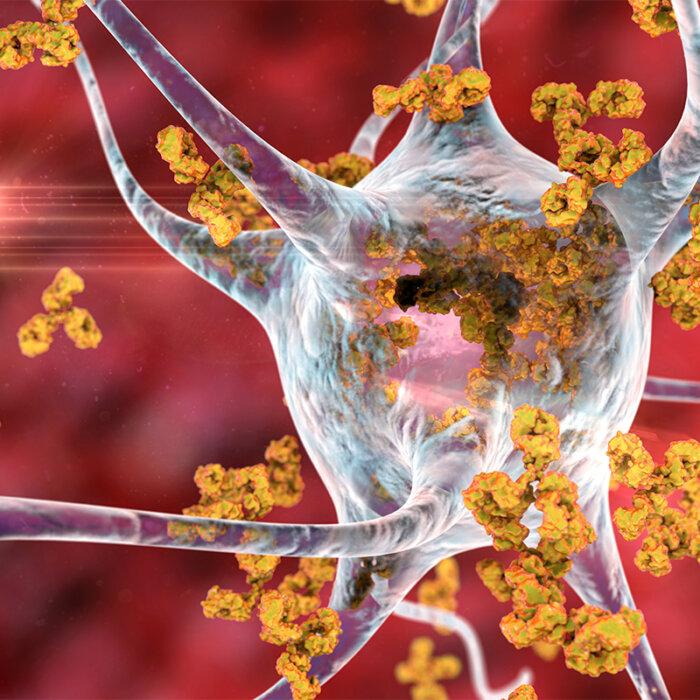Sugar Increases the Risk of 2 Colonic Diseases
Inflammatory bowel disease (IBD) is widely regarded as the intestinal disorder most directly associated with sugar.Crohn’s disease and ulcerative colitis are the two main types of inflammatory bowel diseases. These conditions can be highly debilitating, often leading to symptoms such as persistent diarrhea, abdominal pain, rectal bleeding, bloody stools, weight loss, and fatigue.
IBD has become increasingly prevalent in recent times.
How Does Sugar Trigger Intestinal Inflammation?
Disrupts the Gut MicrobiomeShort-chain fatty acids are essential for the gut, serving as vital nutrients for intestinal mucosal cells. They not only support the gut’s immune and barrier functions but also stimulate gut repair, thus alleviating gut inflammation. In a high-sugar diet, short-chain fatty acids in the gut are rapidly depleted.
A decrease in the levels of short-chain fatty acids has been observed in the guts of patients with IBD.
At the same time, sugar promotes the rapid growth of harmful bacteria.
“It is direct evidence that eating sugar makes your body highly sensitive to developing colitis,” Hasan Zaki, an assistant professor in the pathology department at the University of Texas Southwestern Medical Center, said during an interview with The Epoch Times. “All of this can happen within a few days.”
Sugar not only disrupts the balance of gut bacteria but also decreases overall microbial diversity. The production of short-chain fatty acids also relies on a diverse gut bacterial environment and the cooperation of different bacterial species.
Sugar can lead to increased intestinal permeability, commonly referred to as “leaky gut.”
It may also alter the architecture of the intestinal mucosa, leading to the thinning of the gut and the production of high levels of reactive oxygen species, ultimately causing damage.
Substances that shouldn’t typically enter the body, such as bacterial lipopolysaccharides, entering the bloodstream from the gut can lead to endotoxemia, exacerbating both local and systemic chronic inflammation.
Additionally, the accumulation of sugar in the colon increases the intestinal osmotic load, which retains excess water in the intestines. This also accelerates the fermentation rate of gut microbiota, resulting in bloating, abdominal pain, and intestinal dysfunction.
Furthermore, a high-sugar diet can alter the colon’s innate immune function and reduce the number of intestinal immune cells, diminishing their responsiveness to tissue damage.
Zaki emphasized the importance of recognizing the harm that sugar inflicts on the human body, stating: “We spend a lot of money to deal with those diseases, but that’s not the solution.
“I think we should have some kind of policy from governments to make sure that we understand that sugar is harmful, just like smoking is harmful.”
Sugar is also associated with the occurrence, recurrence, and mortality rates of colorectal cancer.
“Consuming large amounts of sugar leads to an increase in stored energy in the form of fat, indirectly raising the risk of colon cancer,” said Dr. Jeremy Kortmansky, associate professor of clinical medicine (medical oncology) at Yale School of Medicine, chief network officer at Smilow Cancer Hospital, and clinical director of the gastrointestinal medical oncology division at Yale Cancer Center, during an interview with The Epoch Times.
The indirect connection between sugar consumption, obesity, and cancer can be explained in several ways. According to Dr. Kortmansky, one particularly compelling theory involves the relationship between obesity and insulin resistance. Obese individuals often have higher insulin levels, which can stimulate cancer’s insulin-like growth factor receptors, thus activating pathways that promote cancer development and growth. This interferes with intestinal cell growth and division, resulting in abnormal cell renewal in which old cells fail to die off.
As for the theory suggesting that sugar-induced inflammation increases the risk of cancer, Dr. Kortmansky explained that inflammation in the body often leads to local damage and DNA changes in cells. Normally, inflammation would cause these problematic cells to die, but if they survive, there’s a potential risk of cancer development.
Additionally, there are some studies that establish a direct connection between sugar and cancer.
“We showed that giving mice high-fructose corn syrup orally had the same effect of enhancing colorectal cancers in the context of KRAS mutations.”
Just 5 to 25 grams of fructose can saturate the absorption capacity of the small intestine, after which fructose enters and comes into direct contact with the colonic lumen of the proximal colon.
Interestingly, this significant relationship didn’t exist in the distal colon or rectum. Researchers believe that these findings provide evidence that dietary sugar can directly contribute to the development of colorectal cancer.











